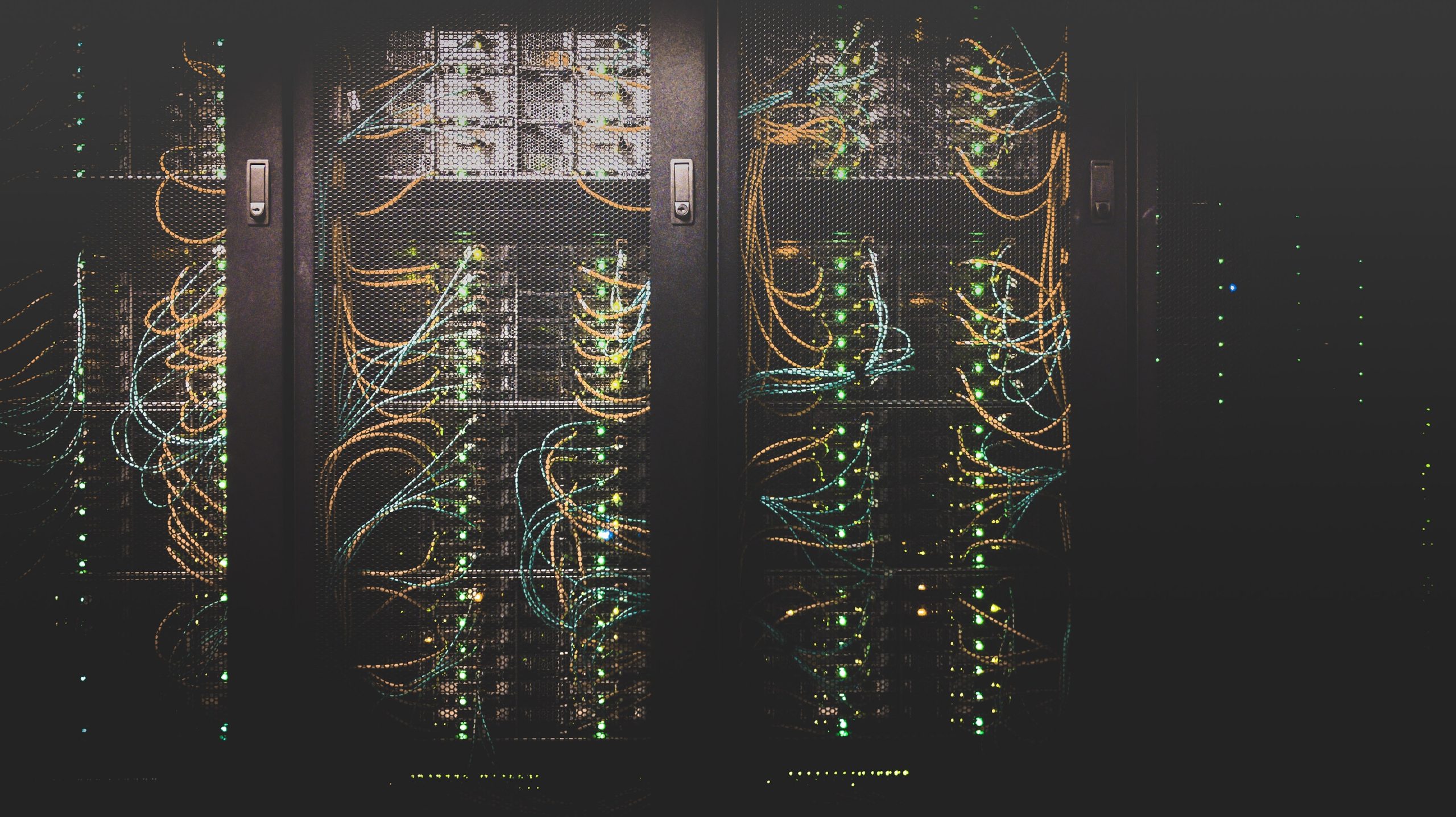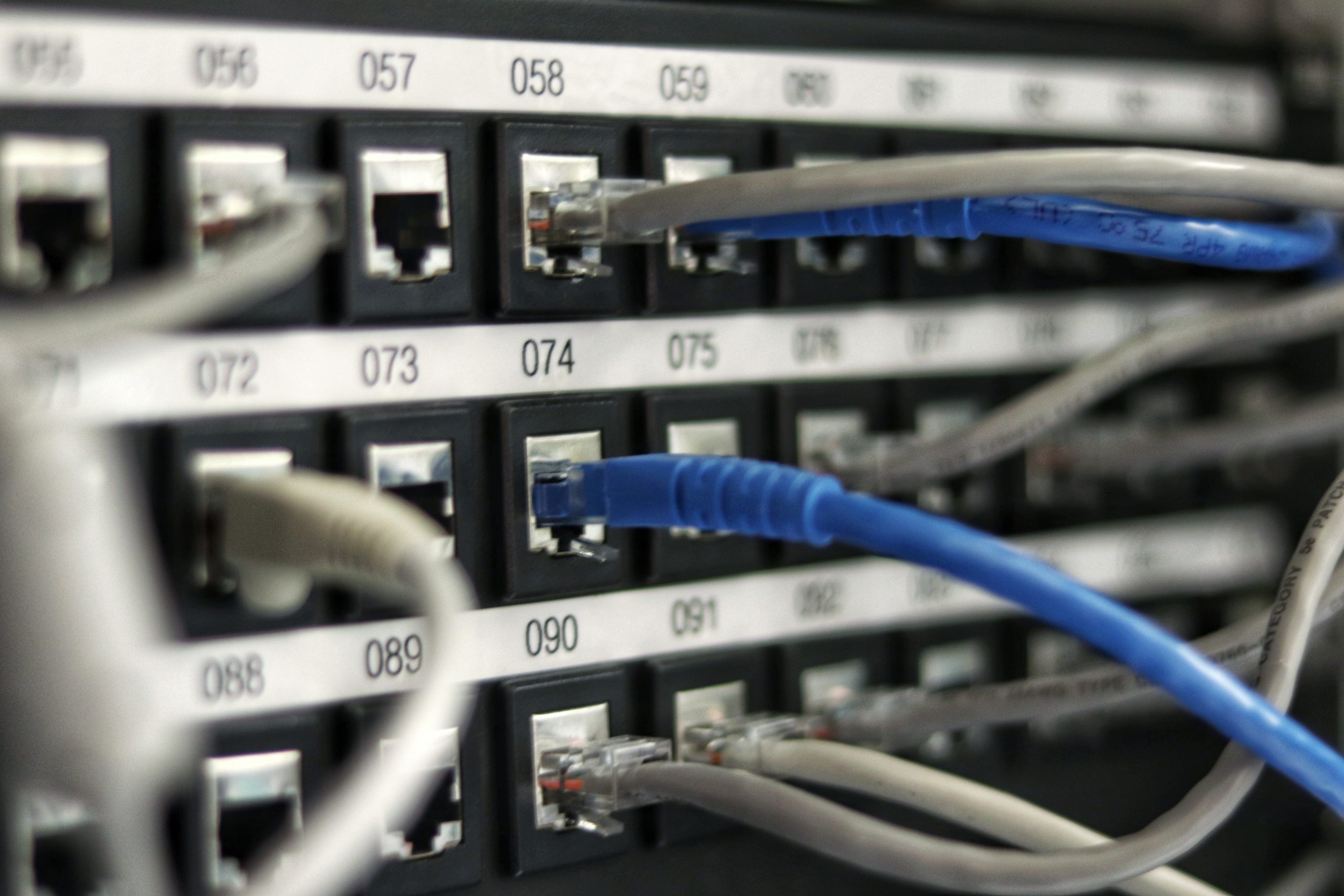The website host you use plays a much more significant role in Search Engine Optimisation (SEO) than most people realise. Many website owners make the mistake of only focusing on their website design, website content and keyword inclusion when trying to climb up the search rankings, but a good SEO strategy looks at your website holistically.
In reality, Google considers over 240 recognised factors when ranking websites, extending far beyond just a website’s content. Your website performance and core web vitals, such as speed and loading times, are also important when it comes to SEO and greatly influence your search engine ranking. Having an unreliable web host can negatively impact those core web vitals and, by extension, your website’s SEO. In this article, we’ll explain how web hosting affects SEO and what factors to look for when choosing an SEO web hosting provider.
What is Web Hosting?
Web hosting is what allows your website to be accessible online, and every website needs to be hosted. In short, when you pay for a web hosting service, you’re renting a small space on their server to store all the files and data that make your website functional. When someone tries to access your website, their browser sends a request to the server. The server then retrieves and displays your site on the user’s end. The web hosting provider you choose affects how quickly that whole process happens, and if the website host provider fails, so does your website – so choosing the right hosting provider is important.

Why Uptime and Reliable Web Hosting is Important for SEO
Website ‘uptime’ is the percentage of time your website is accessible to users, including all its pages and essential functions. No website is up 100% of the time – sometimes, websites need to go down for essential maintenance, for example. However, if your host regularly experiences server issues, this will cause your website to go down and affect your site’s uptime. This could happen because they don’t have the infrastructure to handle large spikes in server traffic. Many hosting companies provide a 99.9% uptime guarantee, at a minimum. This equates to only nine hours of downtime a year.
It can be hard to determine your website’s uptime – no one can watch their website 24/7. However, there are tools available online that allow you to run uptime reports, testing the reliability of your web hosting provider and holding their 99.9% uptime guarantee to the test. If you find that your host isn’t meeting this guarantee, it’s definitely time to find a more reliable one – the amount of downtime your website has can significantly harm your website when it comes to effective SEO. Here are a few reasons why:
Poor uptime hurts user engagement and SEO
The internet is a fast-paced environment, and internet users have very little patience for 404 error pages. If your website is down, they won’t wait around for it to go back up – they’ll exit and go to your competitor’s website instead.
Google highly favours websites that provide users with a good user experience (UX) and have a higher user engagement rate. Poor website uptime will result in a higher ‘bounce’ rate (people who only visit one page of your website and click off), low session durations, and fewer pages visited by each user. Google uses these factors to determine the quality of your website’s UX and ranks your website accordingly. Having a good UX is one of the core pillars of Google’s algorithm, so having good website uptime and choosing a hosting provider that’s reliable is crucial!
Your website is often down? Google won’t be able to crawl and index it
Search engines like Google use bots called ‘crawlers’ to scan websites, analyse their content and index them accordingly. These bots check websites regularly to make sure the information they have is still up-to-date. If your website experiences frequent downtime because of issues related to hosting, it could coincide with the bot’s visit and prevent it from being crawled and indexed. This delay could impact the search engine’s ability to discover new content, leading to lower rankings and reduced visibility in search results.
If you’re wondering why your website is consistently going down even though your host has 99.9% uptime, check out our article on the most common reasons websites go down to rule out other factors.

An SEO-Friendly Hosting Company Should Ensure Fast Loading Times
Poor quality web hosting can result in slow loading times for your website, even if every other part of your website is perfect. This could be because your host uses poor-quality servers that can’t handle a lot of traffic, slow server response time from your host, or the server is a long distance from the majority of your website visitors. If you use shared hosting, slow loading times also might mean you need to update your web hosting plan you’re on to have more CPU, RAM, and bandwidth allocated to your website.
Having a slow website significantly impacts the UX and, in turn, impacts your SEO. Internet users are used to having everything available at a lightning-fast pace, so when a page takes more than a few seconds to load, frustration starts to set in. Anything more than a few seconds of loading time will result in a higher bounce rate, sending all the wrong signals to the search engine algorithm. The faster your website loads, the higher it’s likely to rank on search engines.
How fast should your website load?
The faster your website loads, the better. On the first page of Google search results, the typical page speed is 1.65 seconds, and one study showed that 40% of internet users will click off a site if it takes more than 4 seconds to load. These industry standards don’t just apply to the desktop version – these days, 55.5% of all website traffic comes from people browsing on mobile devices, so ensuring the mobile version of your website loads in under a few seconds is important, too.
While there are many other factors that impact how quickly your website loads, such as how many plug-ins you have, the number of files that need to load and the size of the files, the quality of the web server plays a huge role. Choosing the best web hosting plan and provider for your needs is vital to ensuring your website loads quickly and is SEO-friendly.
How to check your website speed
It’s important to regularly check how fast your website loads for viewers to ensure it consistently provides a smooth experience. There are lots of tools available online that allow you to do this, like Google PageSpeed Insights or GTmetrix. These tools are free and easy to use – just enter your URL, and they do the rest of the work. If you find your website consistently has a speed index of over 4 seconds, no matter what alterations you make on your end, it’s time to find a new web host for the sake of your search engine ranking and UX!
How your web host’s server location can impact SEO
When looking for an SEO-friendly web host, server location is one of the most critical factors. Hosting your website on a server in the same country or region as your target audience can signal relevance to search engines. This is because each hosting server has a unique IP address, and search engines use this information to determine the server’s location. When your server’s IP address is associated with your target audience, search engines will rank your website accordingly. This improves your website’s visibility where it matters the most, boosting your search rankings.

Server location impacts your website’s speed
When a user accesses your website, the request has to travel between their location to the server and back again. Therefore, hosting your website on a server closer to your target audience will reduce the physical distance that data has to travel. This, in turn, results in faster loading times for users in that region. This is especially important for businesses that cater to a specific area. For instance, a plumber based in Canberra would want their web hosting service to be located in the same region to ensure that their website loads quickly for their highly-localised audience. As we mentioned above, speed is one of the most critical factors in technical SEO, so make sure you select a web hosting service provider with servers in your specific location.
Consider whether to add a Content Delivery Network to your hosting plan
If your business operates across the globe instead of one specific region, it’s best to pick a host that offers a Content Delivery Network (CDN). A CDN is a network of servers placed in various locations around the world. When someone visits the website, they get the content from the nearest server instead of the website’s main server. This makes websites load faster and perform better, no matter where the user is. However, CDNs can be costly and an unnecessary expense for smaller businesses trying to excel in a local market only.
Web Hosting for SEO Needs to Be Highly Secure
Good hosting services do more than just make your website accessible to users – they also provide a secure hosting environment and implement robust security measures to protect their servers from unauthorised access, malware, and other threats. This is vital, as most browsers flag non-secure websites warning to discourage websites from quickly through. If this happens to your website because your host offers poor security, it will result in a high bounce rate and tank your search engine ranking.
The same goes if your website gets hacked – Google might flag it as potentially harmful to users and deindex it entirely from the search engine results page. It’s important to remember that search engines always prioritise security and trust when ranking websites, so choosing a host that ensures your website is secure is essential for SEO best practices.

The importance of an SSL certificate
The best way to indicate to search engines that your website is secure and protects the data of its users is to have an SSL certificate. SSL stands for ‘Secure Sockets Layer’ and is like a digital ID card for your website. When a website has an SSL certificate, it means that the information you send to that website, like passwords or credit card numbers, is encrypted or scrambled during transmission. This encryption makes it much harder for hackers to intercept and read your sensitive data. You can tell a website has an SSL certificate when you see “https://” at the beginning of the web address and a padlock symbol in your web browser’s address bar.
Google highly favours websites with an SSL certificate and will always rank it higher than websites without one. Most good web hosting companies offer free SSL certificates as part of their hosting package, and this is one of the more essential things to look for when choosing a host. It’s an essential hosting factor not only for your SEO efforts, but the security of your website as a whole.
Increased trust leads to better SEO metrics
Having a secure website and an SSL certificate not only ensures the safety of your visitors’ data but also positively impacts your website’s SEO at an organic level. A secure website will have a padlock icon in the browser’s address bar, instilling a sense of trust in users. When visitors trust your site, they are more likely to engage with your content, spend more time on it, and explore multiple pages. Search engines take into account these positive user engagement metrics, like lower bounce rates and longer session durations, when ranking websites. Security+ can indirectly improve these metrics and is important to look for in a hosting provider.
Reliable Canberra Web Hosting
Web hosting is a commonly overlooked factor in SEO, but it plays a huge role in ensuring your website is fast and reliable, and this positively impacts your search engine ranking. We hope this article helped you have a firmer grasp of how web hosting can affect your SEO efforts and gave you some insight on how to choose the best web hosting for SEO. If you’d like to learn more, you can visit our resources page to learn more about SEO practices and all things website-related.
At Futuretheory, we offer reliable and fast web hosting with servers in Australia. We use enterprise-grade hardware for exceptional performance and speedy load times, as well as providing a 99.9% uptime guarantee. This gives you peace of mind to focus on other aspects of your business, knowing your website is in good hands. Our hosting features unlimited bandwidth and free SSL certificates. Our web hosting is also highly scalable, meaning you can upgrade from shared hosting to dedicated hosting at any time as your web hosting needs change and your business grows. We’re a great option if you’re looking for a hosting provider for SEO-optimised features.
We’re also an expert WordPress host, given that our team not only hosts numerous WordPress websites but is also comprised of WordPress developers so that we can look at your website holistically. An experienced WordPress host is able to make sure your website is optimised for everything that a WordPress website needs to run smoothly.
As a full-service digital marketing agency, we also offer web design, WordPress site development, maintenance, and SEO services. Whether you’re looking for a new website or just a new web host, we have the expertise and experience to help. Think we can help? Get in touch.



